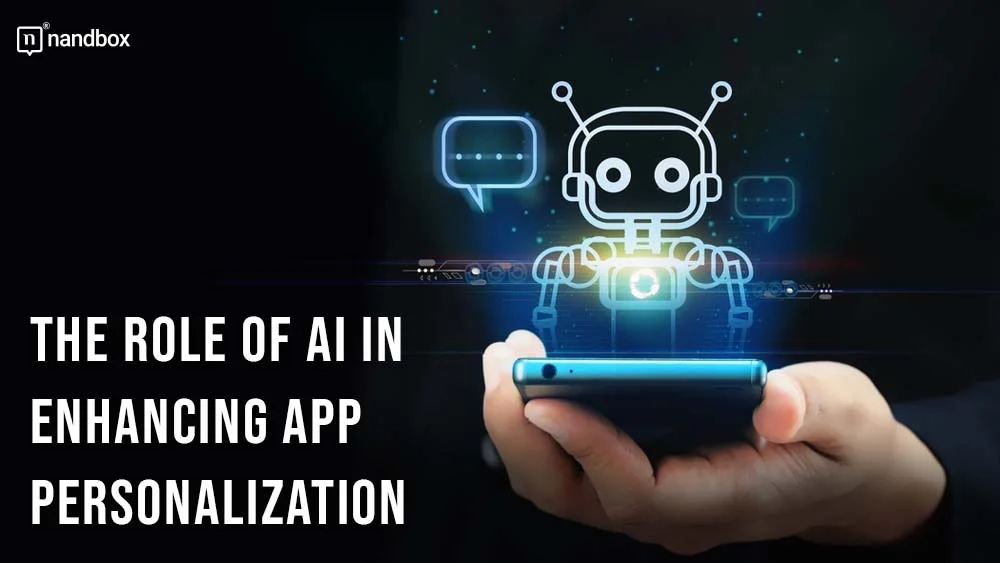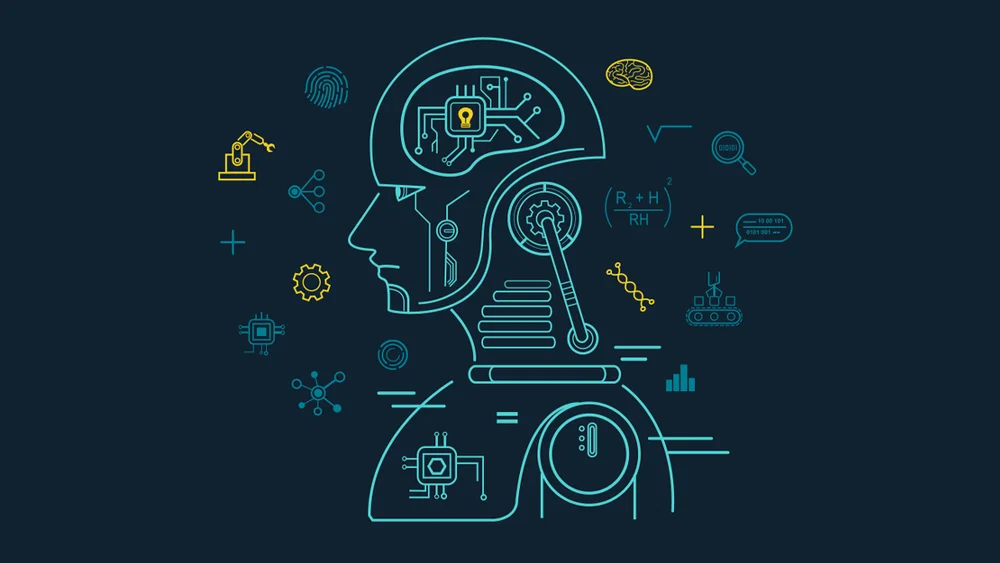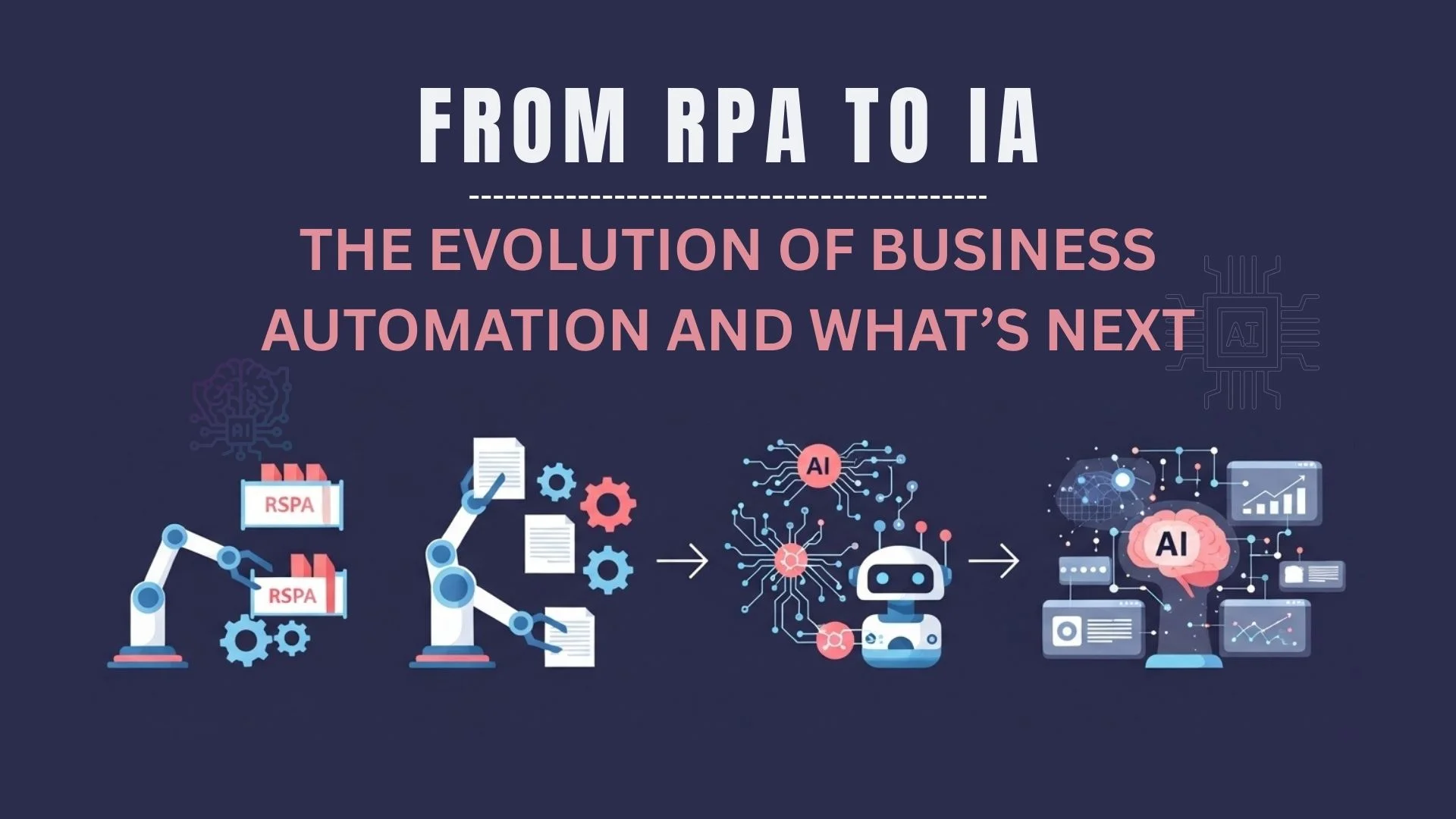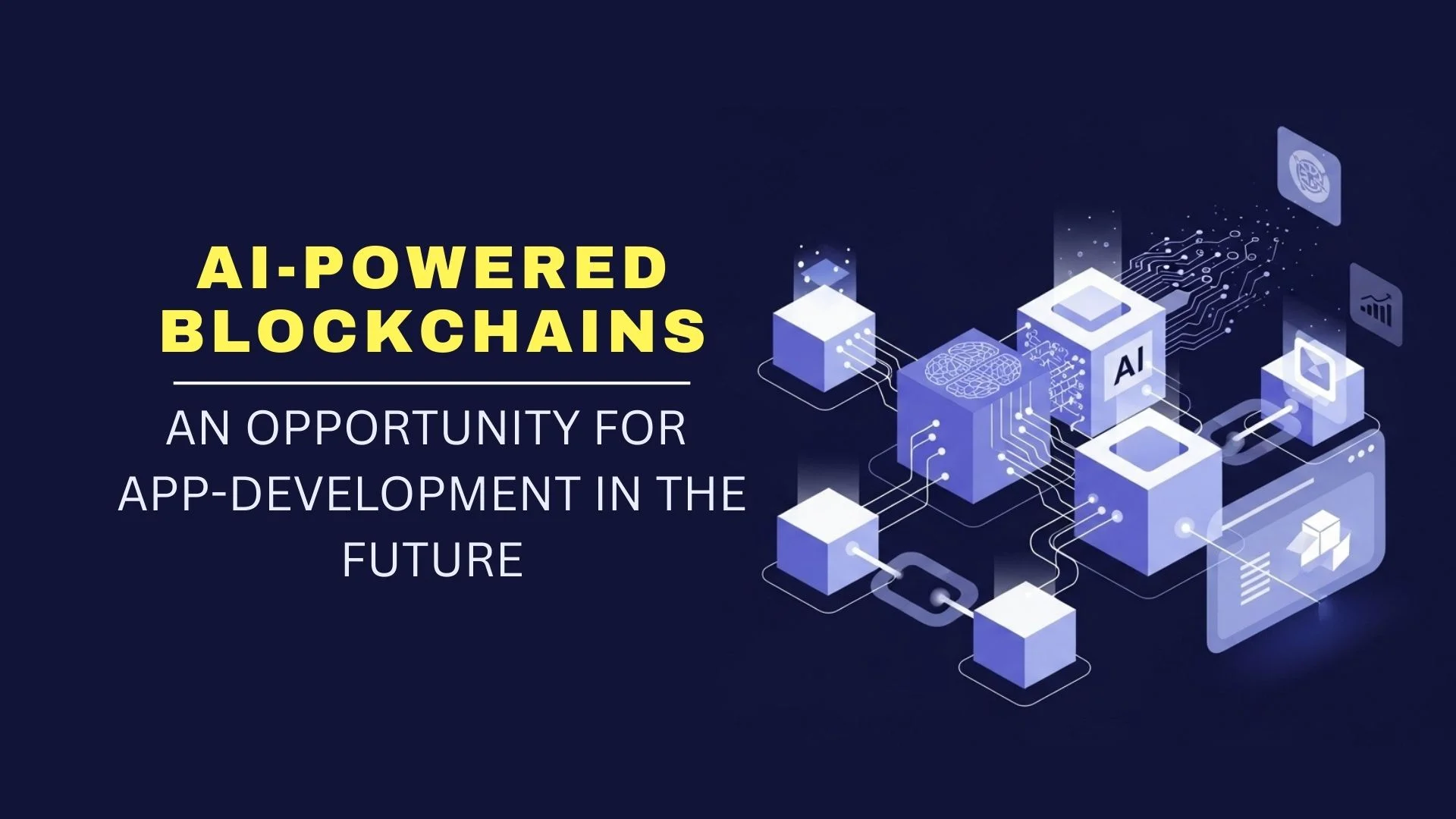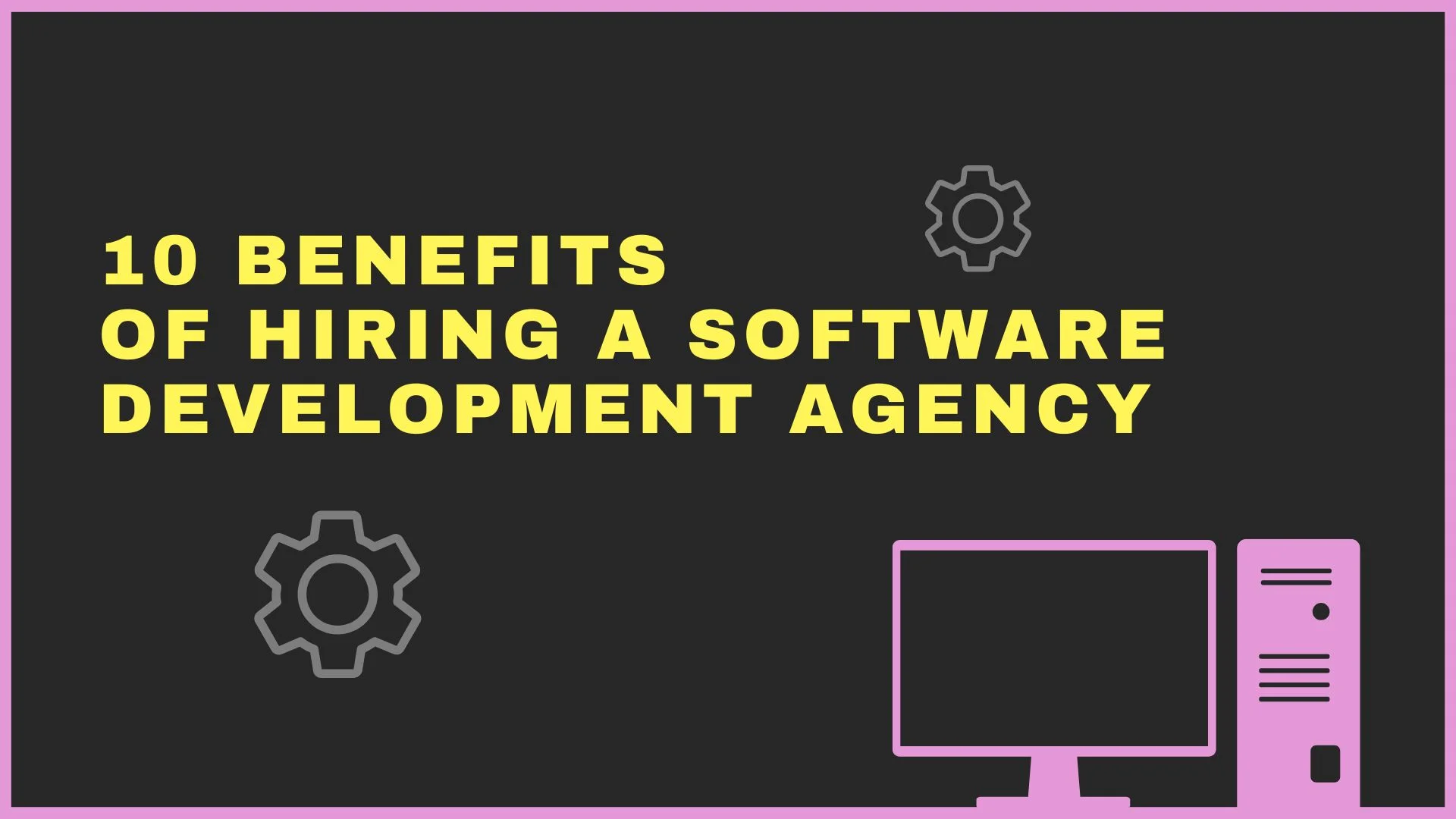How can app development businesses hit it big in this ever-changing market? Knowing your audience and catering to their requirements is a must for success in the competitive landscape. Therefore, personalized content is now key to winning over users and keeping them satisfied. Personalization is a must for any marketing strategy, including your app. Thanks to its powers, artificial intelligence (AI) can greatly help in app customization, changing how developers create tailored experiences. In this article, you’ll learn how AI boosts app personalization, offering you numerous opportunities for business enhancement.
The Importance of Implementing AI into App Personalization
The success of any app largely depends on how eagerly a user is satisfied with it. The most challenging part is that effective engagement is more than simply capturing attention. It’s about creating meaningful interactions that inspire consumers to return. This is where app personalization plays a significant role.
Instead of a one-size-fits-all approach, app personalization uses data like interests, demographics, behavior, location, and time zones to create uniquely relevant interactions. Basically, the goal is to turn a generic app into something that feels custom-fit, making every user feel valued.
Revolutionizing App Experiences
AI has transformed how apps interact with consumers by providing more tailored experiences. Computational intelligence allows apps to learn user preferences, predict behaviors, and modify interactions by analyzing large amounts of data and employing powerful algorithms.
Similar to how an open-source password manager offers tailored security solutions based on user needs, AI-driven personalization ensures each user interaction feels unique and secure.
Processing Voluminous Data
Artificial intelligence shines at digging through heaps of data to uncover what users like. Therefore, AI can predict what consumers desire before they even know it. This capability enables apps to provide tailored information, goods, or features. The end outcome is more user pleasure.
Adapting Instantly
Another point is that apps need real-time personalization. In this case, computational intelligence can help by adjusting app content on the spot based on what users are doing. Artificial intelligence instantly processes actions to tweak recommendations, interface layouts, and content. Such responsiveness can give an app an edge, making it the go-to choice for users.
AI SMS: Enhancing Direct Communication
One often overlooked but highly effective AI application in personalization is AI SMS. This technology allows apps to send tailored messages directly to users’ phones, enhancing engagement by delivering the right information at the right time. Whether it’s personalized offers, reminders, or notifications based on user activity, AI SMS creates a more direct line of communication, improving overall app interaction and customer satisfaction.
AI Technologies Driving App Personalization
Computational intelligence technology is transforming the way we use our mobile gadgets. Artificial intelligence, which mimics human intelligence, assists applications in understanding and adapting to our behavior, making the whole experience more customized. Let’s look at some of the unique aspects AI gives to app technology.
Machine Learning Algorithms: Learning from Users
Machine learning algorithms serve as the ‘brains’ that power app customization. They watch and learn from your actions, continually upgrading to provide features and information tailored to your specific needs. Additionally, utilizing advanced SEO rank tracking tools can enhance your app’s visibility by monitoring keyword rankings, analyzing backlinks, and tracking site changes across different regions and devices, ensuring your personalized app reaches its target audience effectively.
- Browser behaviors;
- Purchasing histories;
- Interaction timings.
As a result, the app software improves its ability to serve you as you use it more.
Natural Language Processing (NLP): Understanding and Responding
One of the outstanding opportunities of AI is its ability to perform natural language processing. Basically, this enables applications to comprehend and respond to what you say or type. The technology makes voice commands and text interactions seem natural.
For instance, consider machine translation, summarization, ticket classification, and spell check. Relying on NLP, your app can understand the meaning of your words and provide appropriate replies. As a result, the interactions you make with your app are seamless.
Predictive Analytics: Anticipating User Needs
AI’s capability to see ahead is perfect for predicting user actions and requirements. It analyzes their past behavior to predict what they may desire in the future. This functionality allows your app to make suggestions or decisions before you ask. So, you not only save time but also get a simplified experience. Here’s how AI works:
- Analyzes past behavior;
- Predicts future needs;
- Suggests options in advance.
For instance, if you routinely order coffee from a particular café, an app can employ predictive analytics to recommend your preferred drink before viewing the menu. As a consequence, you save time and prevent complications. Ultimately, AI continually learns and adapts, so personalization remains accurate.
Recommendation Engines: How AI Curates Your Content
Suggestion systems are similar to your personal content curators. They look through your choices and previous behavior to recommend exactly what you’ll like. It may be a new song on your playlist or a product you might like. Either way, AI guarantees that everything you see is relevant to you.
Advantages of AI-Powered App Personalization for Users and Businesses
Personalizing customer experiences demonstrates that you understand your users’ preferences and interests. This way, you can lay the ground for long-lasting development and connections that ultimately contribute to customers’ satisfaction and your business success.
Improved User Engagement with More Intuitive and User-Friendly Interface
AI takes user engagement to the next level by crafting interfaces that adapt to your personal preferences. For instance, an app can learn which features you use the most to rearrange itself and then put them front and center. Basically, you can spend less time hunting for what you need and more time enjoying the app.
With AI making these smart adjustments, the app becomes more intuitive and user-friendly, making your experience smoother and more satisfying. Therefore, AI-powered interfaces simplify navigation, making everything more accessible.
Higher Conversion Rates
AI-powered personalization makes users satisfied with the app, so the businesses’ efforts are paid off. With apps offering tailored experiences, customers are more likely to take the actions they want, like purchasing or signing up for membership. As a result, casual interactions become meaningful outcomes, increasing revenue and helping your company stay on top of the market.
Time Efficiency for Users
AI saves consumers time by making navigation easier and activities faster to perform. AI tailors the app to your requirements, allowing you to do tasks faster. Thus, the software comes out more helpful, keeping users interested and returning for more since they value convenience and efficiency.
Enhanced Customer Loyalty
Personalization is critical to increasing retention. When customers feel respected and understood, they are more inclined to stick with your business. Individually tailored experiences create a lasting impact, promoting return visits and continuous engagement. This way, companies can improve client lifetime value and raise the likelihood of returning to buy more products or services.
In broader contexts, such as AI for capital markets, this technology’s ability to process complex data and deliver precise, timely insights illustrates how powerful it can be. It’s not just about enhancing app experiences but also about driving innovation and efficiency in various industries, demonstrating AI’s versatile role in modern business strategies.
AI in Action for Better App Personalization
We’ve already discussed the significant role of AI in enhancing app personalization and its benefits for users and businesses. It’s time to check out these real-life cases that showcase how AI personalization is making waves across different industries.
How Netflix Knows What You’ll Love
Streaming services have improved much, and Netflix is one of the great examples of this tremendous development. Primarily, it has evolved in tailoring its suggestions to users’ tastes. As you customize the platform more, Netflix’s recommendations get more accurate. As a result, their subscribers are constantly getting the content they’re likely to enjoy.
Shop Like a VIP
Amazon’s recommendation system is a great example of how AI can customize buying. It analyzes your browser history, previous purchases, and wish lists to recommend things you’re likely to enjoy. So, shopping becomes more fun and enhances your chances of purchasing. Amazon’s recommendation system continuously learns and adjusts, ensuring suggestions remain relevant and fresh.
Tailored Feeds at the Palm of Your Hand
Facebook, Instagram, and other social media networks leverage the powers of AI to make your browsing experience uniquely yours. By collecting the essential information about your history, the intelligent system customizes your feed to show you content that resonates with you.
Moreover, it also introduces you to new accounts and topics that match your interests. So, your feed continues to stay entertaining and relevant, focusing on the content you’ll enjoy.
Exclusive Playlists
Spotify uses AI to craft personalized music experiences with curated playlists like Discover Weekly and Daily Mix. The platform’s algorithms create them based on the processed history and interactions to guess your unique musical tastes. The playlists are constantly updated as you discover the platform more, so you always have fresh and exciting music to enjoy.
Challenges and Ethical Considerations
With so many AI’s great opportunities and improvements in app personalization, let’s get back to reality and think of it from another perspective. AI-driven personalization comes with its set of challenges.
First, with so much information shared, one primary concern has to do with privacy. Developers must carefully handle user data and ensure it’s securely protected to avoid breaches. It’s also essential to be transparent about how that data is collected and used.
Another factor to consider is the investment required. Implementing effective AI solutions demands significant resources, including advanced technology and skilled professionals. This investment can be substantial. On the other side, creating personalized experiences that genuinely resonate with users can help with more considerable revenue. So, this undertaking requires serious planning.
Finally, AI can sometimes take over user preferences or actions, which can be frustrating and lead to disengagement. If businesses want to enhance their customers’ user experience, developers must ensure they have control and autonomy over AI features and recommendations. This will empower and keep them more engaged with the app.
Conclusion
It’s a given – AI has become one of the technologies that have the potential to improve many industries. AI-driven app personalization is reshaping how businesses connect with their audience. The intelligent neural networks allow for precise analysis of the user data to improve every step of user interactions with the app.
As data is everything today, using AI is key to staying ahead and offering a tailored user-friendly experience. Embracing AI in your app development unlocks a range of opportunities, ensuring users get the content they want exactly when they want it. Ultimately, your business maximizes its chances of thriving and getting more revenue from high-quality products.
